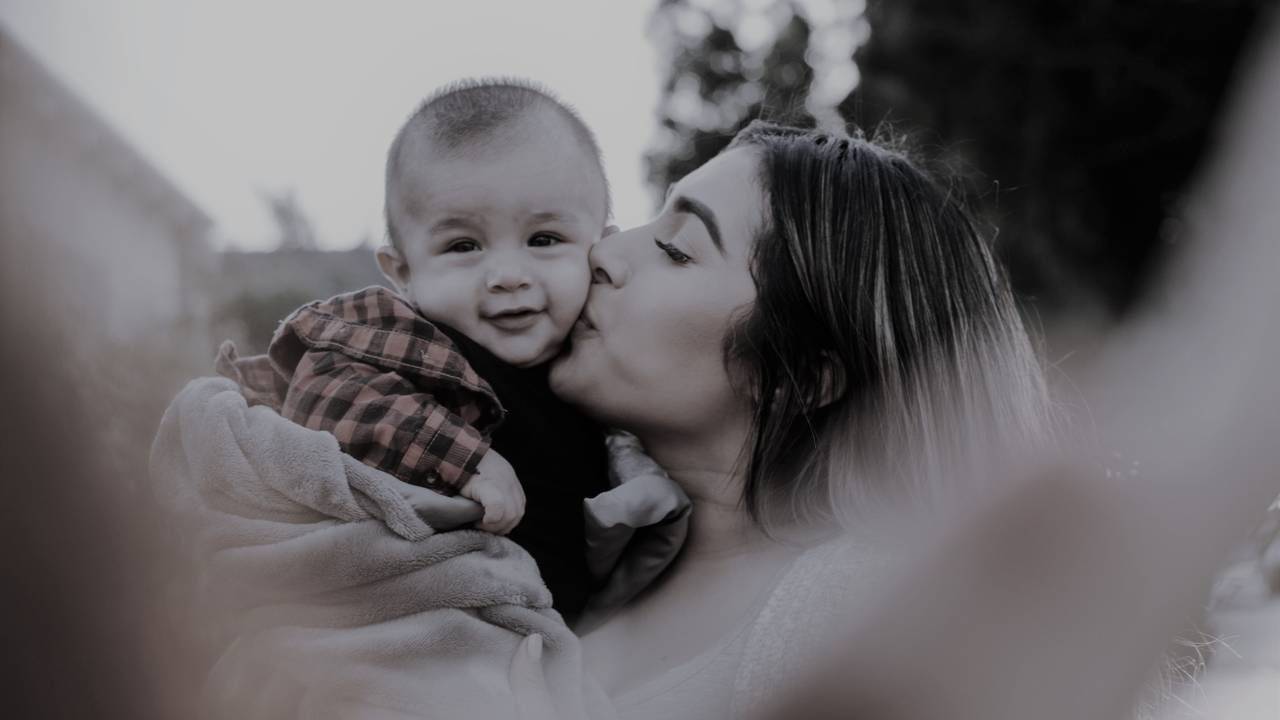Do We Really Know the Best Way to Parent?
Jun 09, 2025
In the past, I often spoke with a sense of certainty about parenting, as though certain things were facts. (Honestly, I still catch myself doing that sometimes as I become more aware of it.)
I didn’t think much of it at the time—it felt normal, especially since nearly everyone else communicates that way. But over time, I’ve been realizing that much of what I think of as parenting “truth” may actually be less certain than I believe.
The more I reflect on this, the more I notice it in the world around me, particularly from those in positions of influence.
It’s common to hear explanations for children’s behavior presented as though they’re facts—like “because of X, your child is doing Y.” Sometimes, these explanations resonate with me, and I can imagine they might be true in certain situations. But I also find myself wondering how many other factors could be at play.
Personally, I find it more accurate and helpful when insights are shared as, “In my experience, it’s often…” or “I believe it can be…” instead of being framed as absolute facts.
I also notice this when people talk about positive changes in children and attribute those changes directly to their specific approach. I can understand why they’d do that— I think it’s natural to want to connect the dots between our actions and their outcomes.
But I think change can happen for so many reasons. In my understanding, it sometimes happens simply as part of a child’s natural development, regardless of what we do. It might land differently in me if someone says, “I believe what I did may have contributed to this outcome,” rather than presenting it as a direct cause-and-effect result.
For me, the key is recognizing the limits of my knowledge. I believe that no matter how much I learn, there’s always so much I don’t know, and much of what I think I know may never be fully certain.
Of course, I think there’s room for conviction—even strong conviction—in how I parent. There are things I feel very strongly about, even without data to back it up, and there’s research and understanding that I believe hold more merit than others. In my understanding, I can absolutely use my mind to weigh all of this and come to conclusions based on what I know.
But what feels important to me is acknowledging what I don’t know for sure. This leaves space for me to come to my convictions through my own process, rather than relying solely on “experts” who present their advice as though they have the absolute answers.
When people in positions of influence speak with absolute certainty, I think it can unintentionally place them in a position of authority. To me, this dynamic may cause us to look to them for answers and, perhaps, trust their insights more than our own intuition.
I worry this pulls us away from tuning into our own inner wisdom and connecting with our child in a way that feels right to us. I think it reinforces a culture of “looking to authority,” which, to me, sets an unrealistic expectation that certainty in parenting is possible, and that some special few people have access to it —when, in fact, I believe that most often isn’t the case.
(To me, this is what it means when people say that “Hashem chose ME to be the parent for this child.” ME—with my unique way of being in the world, my personality, my intuition, and my insights—are exactly who Hashem wanted my child to experience. He didn’t want the parenting "expert" to be their parent. The "expert" has their own personality and intuitions, and yes, I can gain from them—but not by becoming like them or by adopting their belief system because they speak with authority and certainty, and losing myself. Instead, I can integrate the ideas that resonate, so I stay ME.)
If I can embrace the uncertainty that comes with parenting, maybe I can create more space for my own intuition and find my own way forward—even if it’s a little less certain. I can remain open to wisdom from others, without losing touch with what feels true for me in my own unique journey.
Now that I recognize all of this, I try to be more mindful of how I share my parenting thoughts. My hope is that by sharing them as my beliefs or experiences (because I truly believe they are exactly that - my beliefs and experiences), not as certainties, it leaves room for you to stay connected to your own wisdom and intuition as you take in my perspective.


